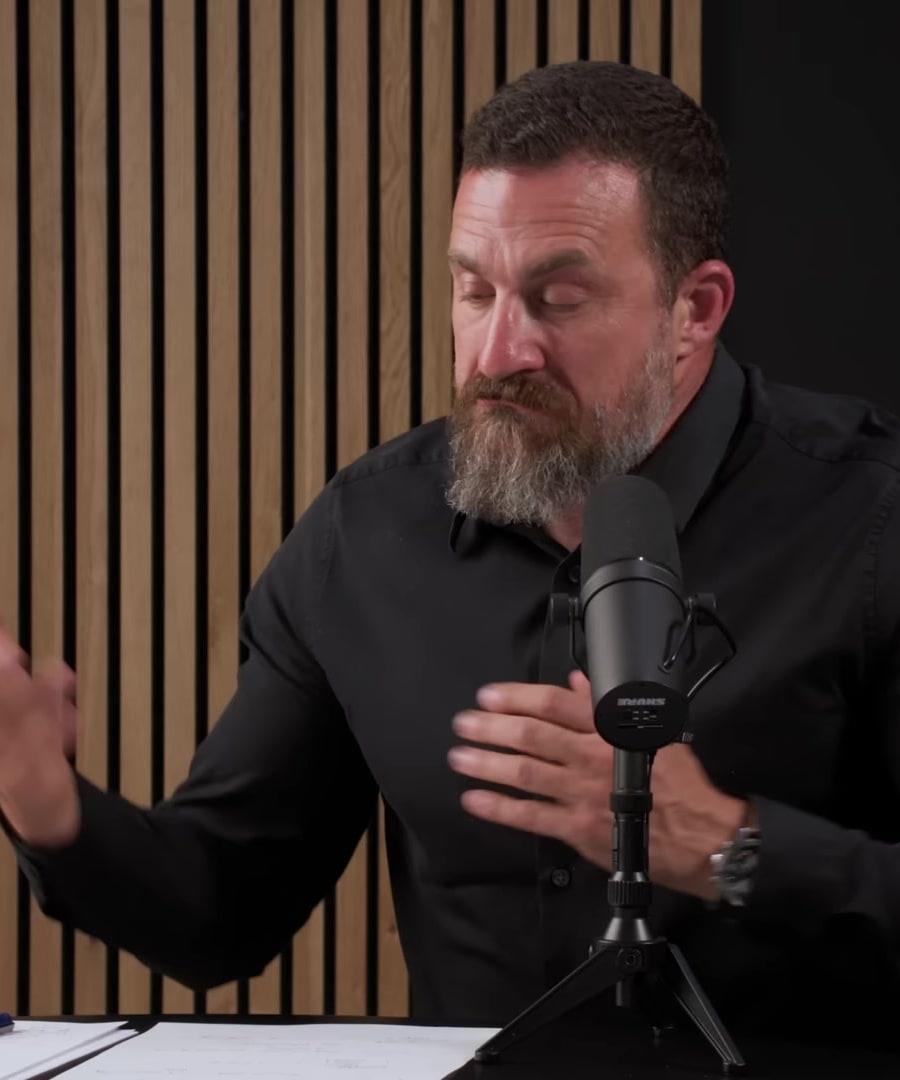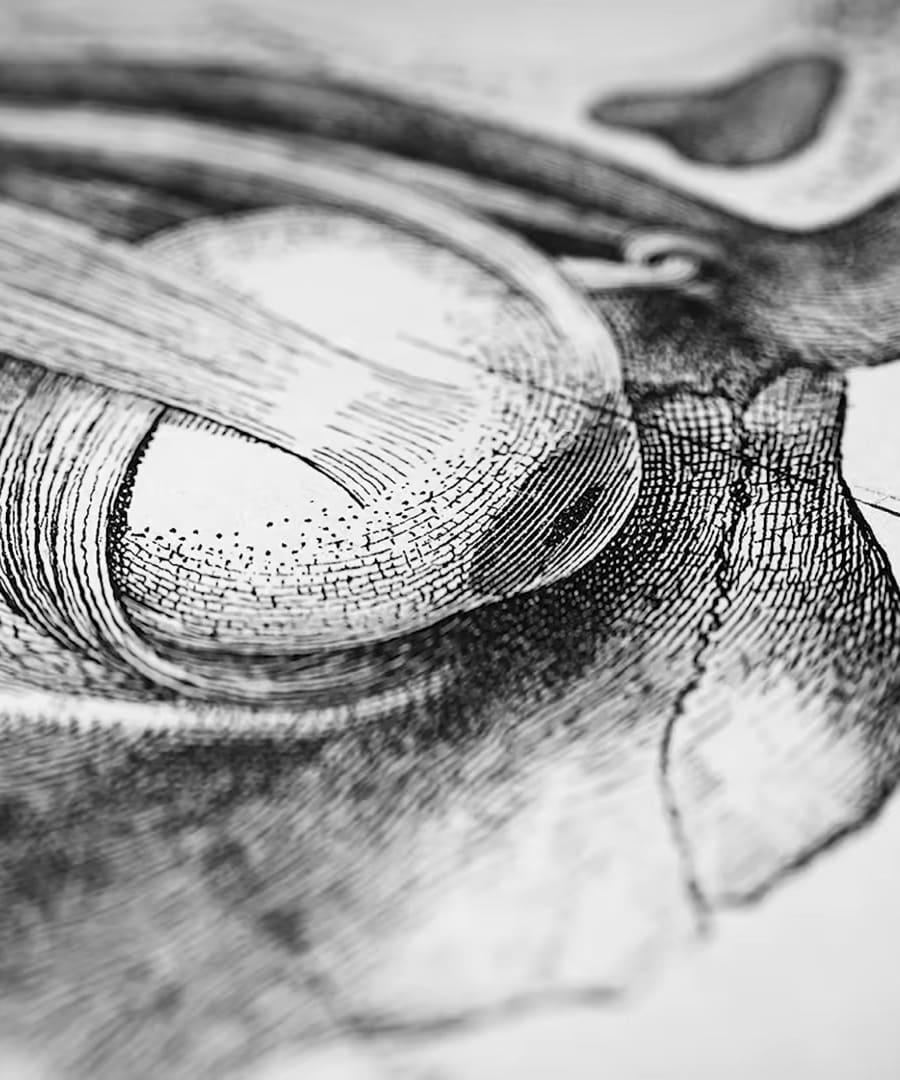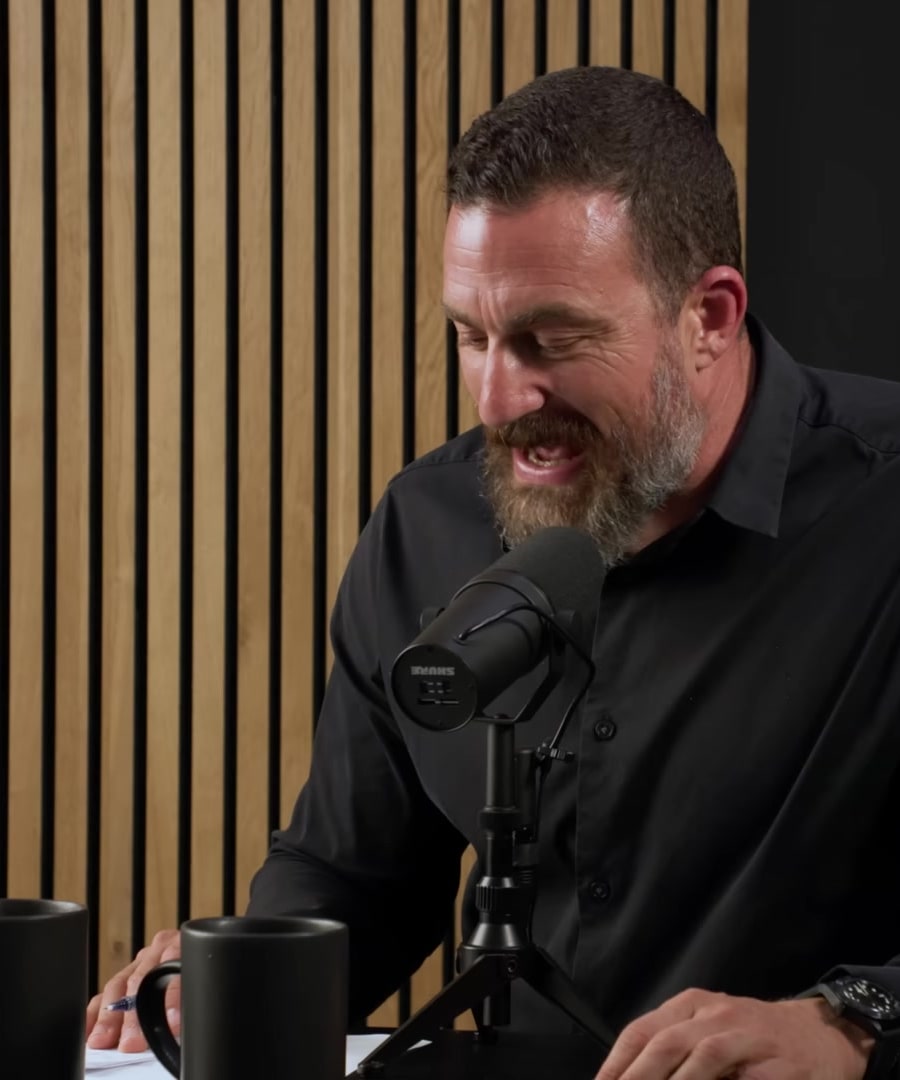Huberman on anxiar
Sources:
Andrew Huberman addresses anxiety in several podcast episodes, highlighting its complex role in our lives and relationships. Here are some key insights:
Conceptualization of Anxiety
- Anxiety as Readiness: Huberman characterizes anxiety as a form of preparedness or mobilization, suggesting it has evolutionary benefits. He notes that anxiety can help us focus narrowly on goals, activating us rather than paralyzing us. This dual nature underscores that while anxiety might feel negative, it can also drive action towards important objectives. He observes that even historical figures like Rosa Parks likely experienced anxiety yet acted courageously despite it 1.
The Role of Anxiety
- Character and Personal Function: Huberman explains that a certain level of anxiety can serve as a protective mechanism, helping individuals remain vigilant in potentially threatening situations. However, excessive anxiety can become counterproductive, limiting our ability to engage fully in life or pursue opportunities. He reflects on his own experiences with anxious thoughts and how engaging in action helps to normalize those feelings 2.
Anxiety in Relationships
- Influence on Interpersonal Dynamics: In discussions with Dr. Paul Conti, Huberman points out that anxiety affects our interactions and relationships. High levels of anxiety can inhibit open communication and requests for help or needs, while a moderate level of anxiety can foster vigilance and motivate proactive behaviors in relationships 3.
Managing Anxiety Creatively
- Transforming Anxiety: Huberman, alongside Robert Greene, argues that channeling anxiety into creative endeavors can yield profound results. They emphasize that anxiety should not be merely avoided; instead, embracing and transforming it can lead to innovative outputs and personal growth 4.
Practical Recommendations
- Cognitive Insights: Huberman suggests that while recognizing personal anxiety is essential, understanding its impact on interpersonal dynamics is equally vital. He notes that building empathy requires self-awareness to effectively relate to others’ emotional states, framing this understanding as a way to enhance interpersonal relationships 5.
Conclusion
Overall, Huberman's insights suggest that anxiety, while often uncomfortable, can play a crucial role in motivating action, shaping character, and influencing relationships. Recognizing its dual nature and learning to manage it creatively can lead to personal development and better connections with others. For a deeper dive, you might be interested in the complete episodes where these discussions take place, such as with Dr. Paul Conti and Robert Greene on the .
RELATED QUESTIONS
Huberman on anxiar
- RELATED QUESTIONS




